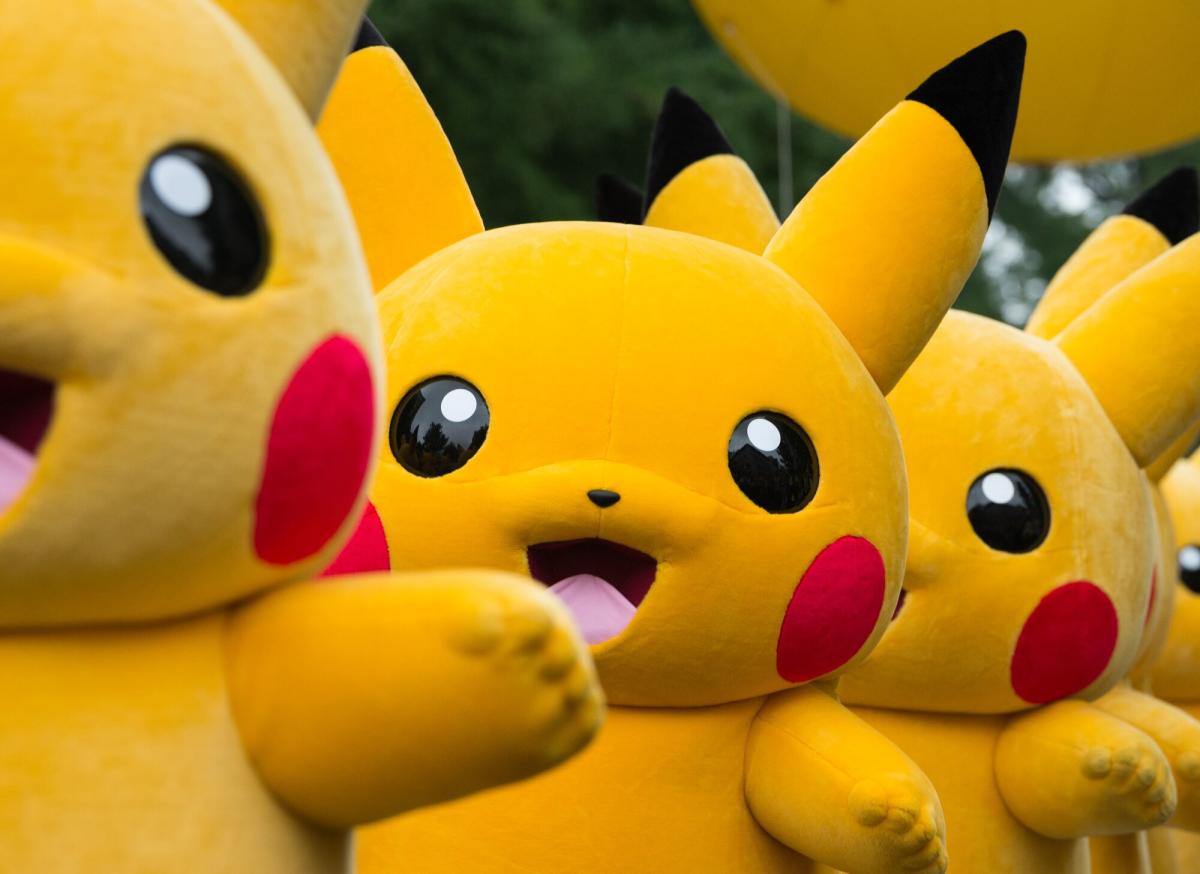- 2 Posts
- 30 Comments

Sucker Punch fired one of their senior devs for a mario and luigi joke when kirk got got. EVERYONE was angry, the studio heads came out to say they stand by their decision, and plenty of people were keyed in to the hell that Erika Ishii has had to put up with on social media for daring to portray a female character in a video game.
(I didn’t know about any of this before this comment so apologize if I’m misinterpreting)
From what I read though, there were A LOT of angry people even because of the joke, weren’t there? I’m guessing they had to take a stance and went with the “killing is bad” to not get too politically involved. Which is still a coward move, but personally not something I’d boycott a game over.
What happened with Erika Ishii? Social media was being social media and I know that, but did Sucker Punch themselves do anything to contribute to that?
- @[email protected] to
 English
English - •
- gamingbolt.com
- •
- 2M
- •
I mean, they’ve just filed a lawsuit against Krafton, to me that says they’re pretty confident about being right.

I don’t know if there’s any other freak sorting their Lemmy homepage to Top Monthly who just found this post, but I’d advise to edit it to let people know that even if the site lists more than 1M signatures the actually valid ones might be less, so signing even now is still a good idea, as the creator said.

purchasers have legitimate moral and legal grounds to demand that they be informed that they are buying a license, or renting, the game; they are not owning a functional copy of the game outright.
I’m pretty sure that’s already the case, if you read the ToS of most games.
Not that it makes this any better.
- @[email protected] to
 English
English - •
- finance.yahoo.com
- •
- 1Y
- •

These reviews will have a lasting effect on the game even though the drama bubble has now popped.
Steam has a specific thing that appears when you keep playing a lot on a game that you’ve negatively reviewed asking if you want to change it. I think a game is rarely impacted long-term by review bombing for a resolved issue, unless the reviewers actually dropped the game and went on with their lives.

This is why Steam reviews should be taken much more seriously. This was impossible to avoid due to the enormous amount of bad press and devs themselves jumping on the hate train, but I’m betting that a lot of review bombing attempts have been quietly offset by the company just paying people for fake reviews. It’s especially obvious when the game has relatively low reviews for months and months, then suddenly bad stuff happens and along with the justified dump of negative reviews, positive ones also skyrocket (99% of which composed of “good game”, random memes or ascii art).

Well yes, maybe going that far back it was kind of a shot in the dark, but the late ‘90 to early ‘10 period was a time where you had internet (or at least tv/magazines) to know which games were “popular”, most of those were actually well done, and you’d rarely have an AAA title launch as a bugridden mess.
Reviews are also a hit-or-miss because they’re highly subjective. The Steam review system sucks as well, being only positive/negative and with troll reviews always at the top.

I mean, it’s trying to compete against Steam. A platform which has 99% of the games ever released on PC after its inception at the same price and with a great interface.
You’re not winning against that unless you actually sell the same games at a lower price (and I don’t think they can afford to do that)
That would only be feasible in a very small company, with sufficient profits to spread among the workforce.
They have 10 employees and their game sold 44+ million copies. That’s like 1000 copies a day, per employee, for 13 years.
If you have proof they aren’t doing it feel free to link, but looking at their policies I kinda doubt it.
But that’s the point…? Pretty much every economic or political system “works” In theory. Capitalism, Communism, Democracy, Dictatorship. What goes wrong is always the people.
Therefore, one should aim for a system where people have the least possible ways to screw everything up (not that I have a suggestion, sadly)





I think they’re planning to take legal action, not sure through which means though